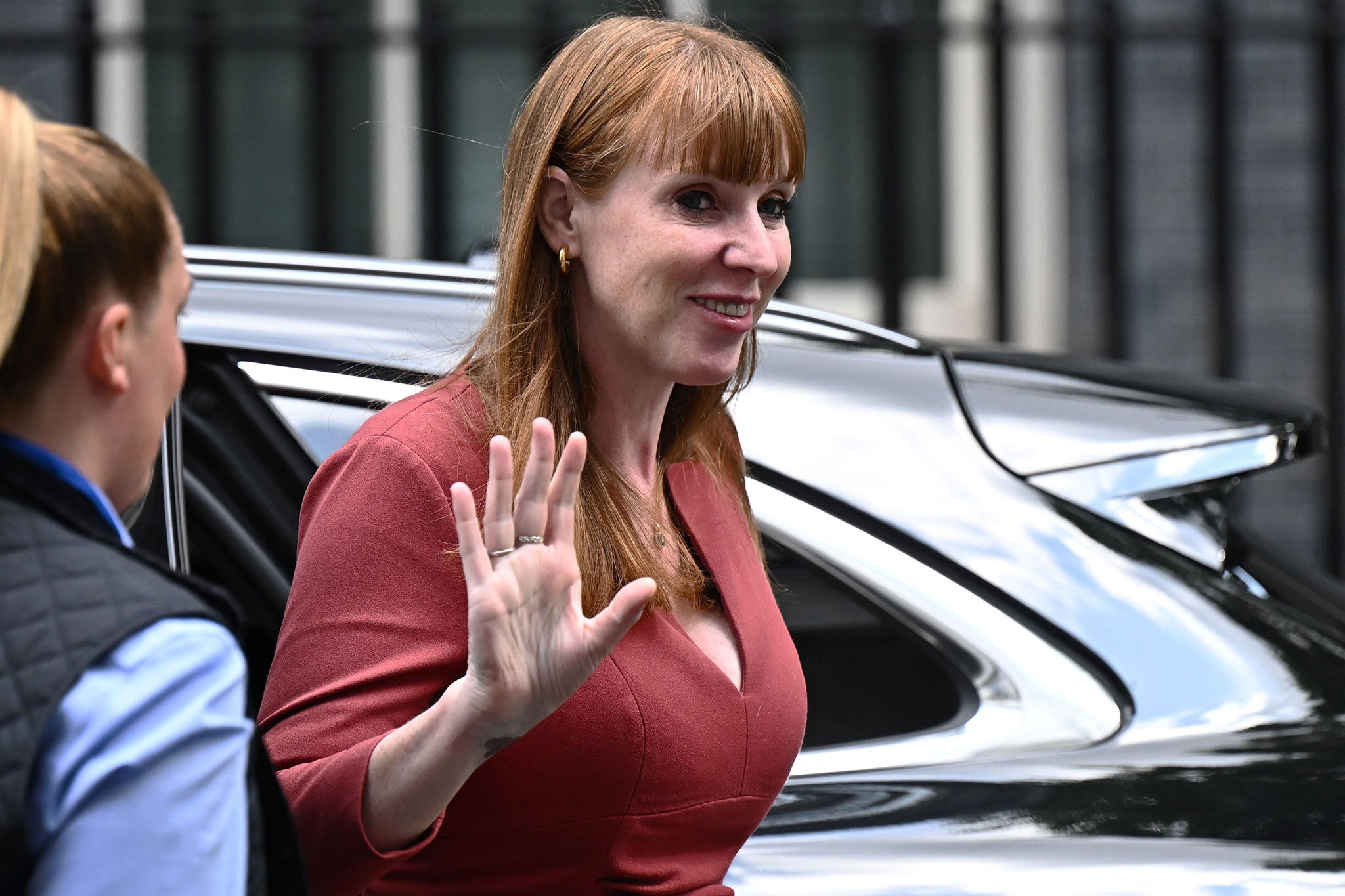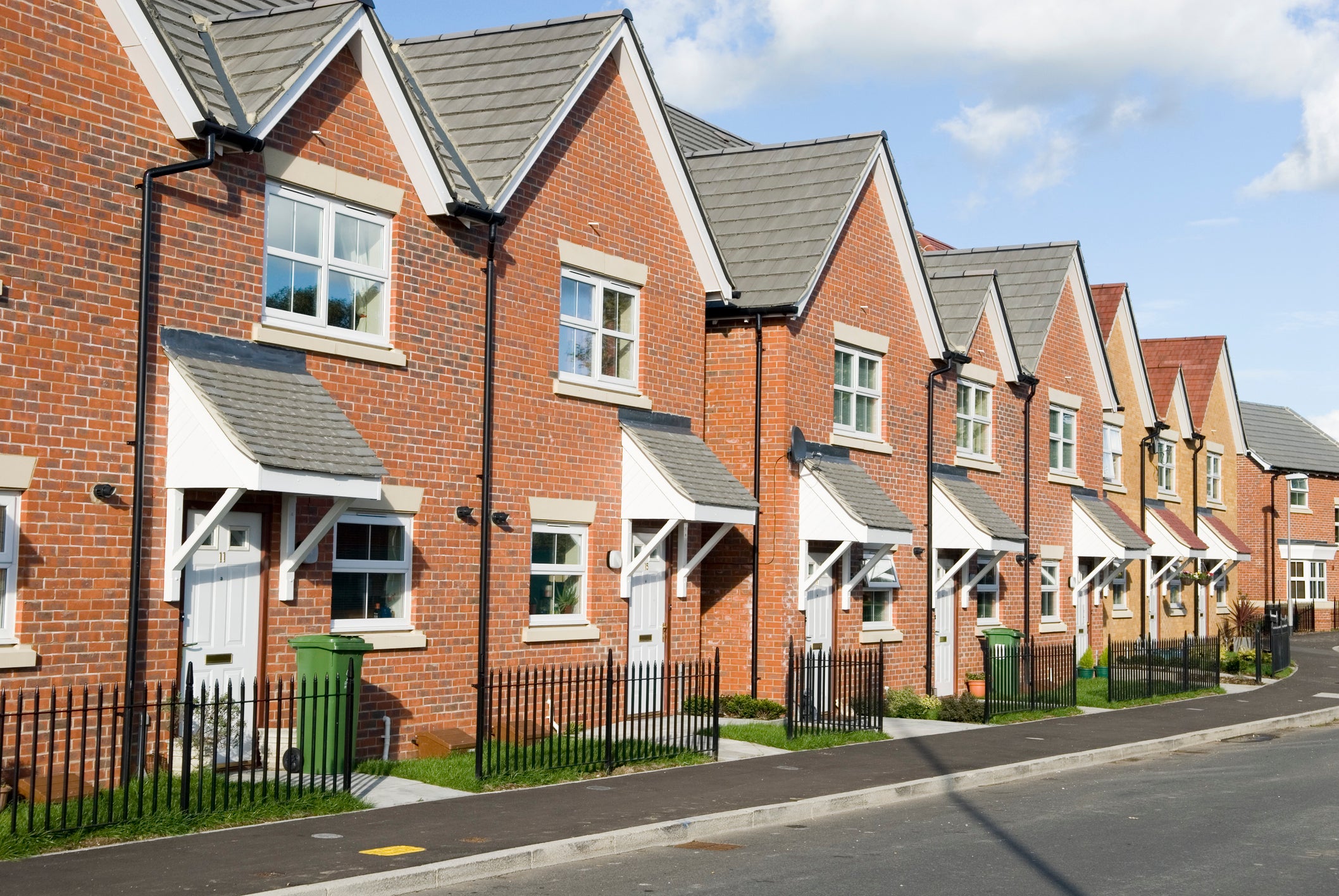Labour has been warned that it must massively overhaul England’s council tax system or even replace it entirely to secure future funding for struggling local authorities.
Councils do not have adequate funding to meet spending pressures, the Housing, Communities and Local Government (HCLG) Committee has said.
In a new report, the cross-party group finds that there is a “broken link” between the levels of tax households are now being asked to pay and the quality of local services they are receiving in return.
It points to mandatory high-cost services, like adult social care and educating children with special educational needs and disabilities, as driving the spiralling costs “almost entirely”.
Florence Eshalomi, HCLG Committee chair, said: “When residents are paying more and more in taxes but seeing less and less in regular, everyday services, such as libraries and fixing potholes, then trust in local democracy is at risk of being undermined.

“Councils are trapped in a straitjacket by central government, with local authorities lacking the flexibility or control to devise creative, long-term, preventative solutions which could offer better value-for-money.”
The committee’s report recommends that the government begins the process of “overhauling or replacing council tax” and in the meantime, gives local authorities more control over the levy in their authority.
It also calls for councils to be given the power to revalue properties within their area, and define and set property band rates.
Campaigners have long called for a nationwide revaluation of properties, with council tax bands in England still based on property values in 1991.
The Institute for Fiscal Studies (IFS) recently found that the most expensive properties are attracting three times as much tax as the least valuable despite being worth more than eight times more now, as prices have risen in more affluent areas.
In April, nine in ten councils enforced the maximum possible council tax rise of 4.99 per cent, with six given permission to raise local rates even higher. These were Windsor and Maidenhead, Newham, Bradford, Birmingham, Somerset, and Trafford.

A HCLG spokesperson said: “The government is taking decisive action to fix the broken council funding system, so local leaders can deliver the vital public services their communities rely on.
“We have announced over £5 billion of new grant funding for local services on top of the £69 billion already made available this year to boost council finances, and we will go further to reform the funding system to make it fit for the future.
“This will ensure councils get the support they need and protect residents from further costs by keeping a 5% limit on the amount council tax can be raised without a referendum.”
The department, led by deputy prime minister Angela Rayner, announced in June proposals for a new approach to local government funding to ensure it is “going where it’s most needed”.
One proposal would see central funds made more available to areas where demand is greatest, meaning these areas will be more able to afford lower council tax increases.
However, this will likely mean that less funding will be available to areas where local services are not stretched, and residents have not been asked to pay such steep bill rises in recent years.
